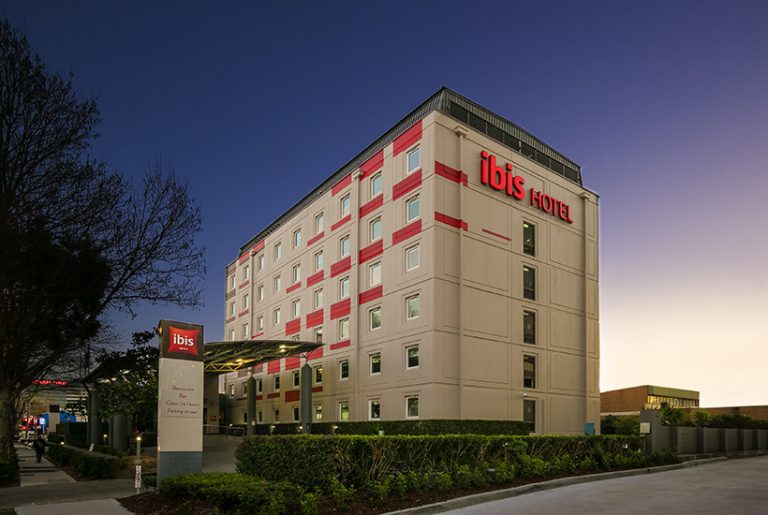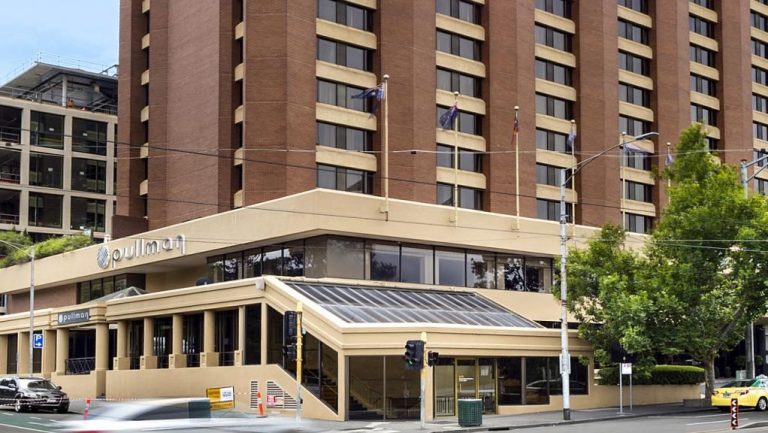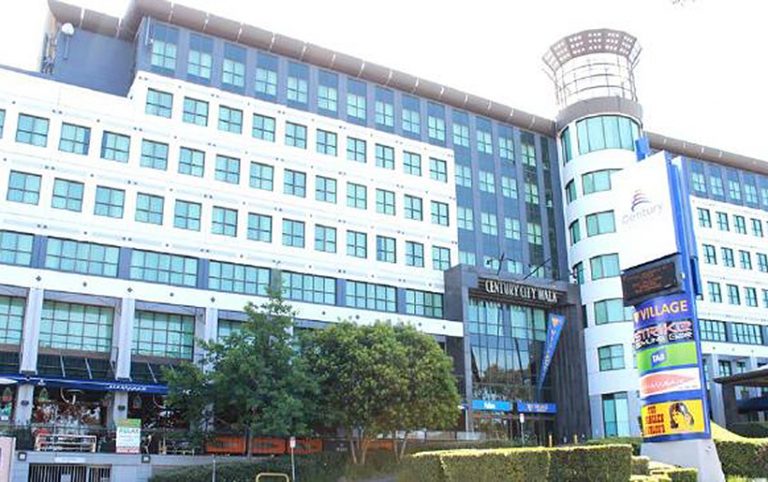Lamborghini and mystery $30m payment in iProsperity collapse

Cashed-up Chinese investors appear to be the fall guys in the collapse of the iProsperity real estate group, which has creditors owed at least $185m, according to documents filed with the corporate regulator.
Apart from the individual Chinese investors caught up in the collapse a slew of local groups are owed funds — including the Australian Taxation Office, which is claiming more than $2m, while law firm Hamilton Locke says it is owed around $52,000. One of the larger creditors which says it is owed at least $10m is the Singapore registered real estate manager, ZACD Capital Pte Ltd according to documents lodged with the Australian Securities & Investments Commission.
A report to creditors of iProsperity Capital Management Pty Ltd said a preliminary investigation had found breaches of the Corporations Act as about $60m of funds flowed out of the company, including payments to its director, Michael Gu, and other parts of his empire, for a luxury car and into a Singaporean company.
A payment of $290,000 to part fund a Lamborghini Urus purchased by Mr Gu is the most glaring aspect of the spending out of the iProsperity company but payment of $30m to a mystery Singapore investment entity appears to be the prime element in the Australian-based company’s collapse.
KPMG also tracked the $290,000 payment to Zagame Automotive Group made on behalf of Gu in May. Funds were used as a partial payment for a Lamborghini Urus he purchased.
Industry players said that Gu had left the country and had not made plans to return, and he had not responded to phone messages.

Asian firm iProsperity bought The Novotel in Glen Waverley.
The car is listed for sale with Ferrari Maserati Sydney after it bought it from Gu on July 27 for $360,000, of which $207,408 was remitted to Gu and the balance to a finance company.
The Australian is not suggesting the allegations against Gu are true, only that they are being investigated by KPMG.
Creditors will next week vote on the company’s future after its rocky run since it was set up last year to help purchase a $220m hotel portfolio from Accor. As the deal failed to settle the company collapsed as investors demanded their money back. Selling agents Craig Collins and Peter Harper of JLL Hotels are now attempting to sell the portfolio but declined to comment on Tuesday.
The report reveals a long list of payments which KPMG has queried as it seeks to recoup at least $54.5m for unsecured creditors and $5.8m for secured creditors.
Cor Cordis was appointed as administrator in mid-July of the overall iProsperity funds empire but was subsequently replaced by KPMG later in the month which took control of the hotel company.
KPMG said a winding up of the company would be in the creditors’ interests as a liquidator would be in a position to conduct detailed investigations into the conduct of directors and the company’s financial affairs.
A liquidator could also pursue various potential recoveries and report to the ASIC on the results of investigations.
The company was formed in July 2019 and forms part of the iProsperity Group, which ran a funds management and investment business which garnered backers via the Significant Investor Visa scheme.
The company is the trustee and fund manager of the IPG Opportunities Fund, which had planned to invest in the IPG Hotel Opportunities Fund. that in turn would have a half stake in the proposed hospitality fund, that was also backed by Hong Kong‘s ZACD Group.
The hospitality fund was to acquire the $220m portfolio of Ibis and Ibis Budget Australian hotels run by Accor. iProsperity Group would run the hospitality fund.
The company raised $60.5m but the hotel deal did not complete. KPMG said even as the deal did not go ahead, investor funds to be held on trust by the company were fully disbursed to related and third parties.
“There is no evidence to substantiate a valid or business related purpose for these payments. The company has no identifiable assets on hand which are immediately recoverable for the benefit of creditors,” KPMG said.
The administrator said the company became insolvent in July 2019 and also criticised its poor record keeping. Mr Gu failed to attend an initial interview with the administrators or provide a Report on Company Affairs and Property, which would be reported to ASIC.
The report said the company failed due to potential misuse of investor funds by the company and the director, Mr Gu, potential improper conduct of the director, high cash use including the transfer of funds to related entities, and poor financial control including lack of records.
Investors have raised concerns that funds advanced to the company to be held on trust and used for the hotel deal were not returned when the acquisition failed to settle.
The company paid Gu $13,848,909 and a further $290,000 for the luxury car. Payments were made to head company iProsperity Pty Ltd of $10.27m.
Law firm Landerer & Company’s trust account received $30m which was later paid out to Singapore-based Dolphin Australia Pte Ltd. It was also paid $500,000 for legal fees and sums of $1.4m and $4.26m went to other parties.
The company was left with just $1.27m in the bank.
KPMG said the company appears to have used funds raised from investors and deemed to be held on trust in a manner which was inappropriate and in breach of certain agreements between investors and the company, and noted Mr Gu may have breached director‘s duties.
“The Director appears to have breached director duties under sections 180 to 184 of the Act,” KPMG said.
KPMG said in respect of the payments to Landerer & Company totalling $30.5m, the funds were used to possibly pay another investor, Dolphin Australia. The payment appears to be a redemption of investor funds, noting the narration on the firm’s trust ledger is “return of subscription money”, the report said. “The company’s bank statements do not disclose $30 million being raised from Dolphin Australia.”
The report said the basis on which Gu “has instructed Landerer & Company to transfer $30 million to Dolphin (Australia) Pte Ltd, using funds raised from other investors and in breach of certain agreements between investors and the Company, is unclear.”
“A liquidator would undertake further investigations to determine whether the Director, or an entity controlled by the Director, received a benefit as a result of the payment and would therefore constitute an unreasonable director related transaction (or any other voidable transaction such as an uncommercial transaction),” it added.
Landerer & Company has denied wrongdoing and has called in police to investigate.
KPMG said Gu may have breached his director duties by improperly using investor funds in breach of agreements between investors and the company. It said breaches may have occurred when investor funds were used to make significant payments to Mr Gu and related entities to the detriment of creditors.
Breaches may have also occurred when investor funds were used to potentially repay other investors and went to the car bought by Mr Gu.
KPMG said a liquidator, if appointed, would need to conduct further investigations, and possibly conduct a public examination to ultimately determine whether or not the company became insolvent in 2019.
There is some hope of recovery actions if the company is placed into liquidation as KPMG identified transactions of $1.74m as unfair preferences, $14.17m of uncommercial transactions, and unreasonable director-related transactions amounting to $44.14m.
KPMG warned recoverability of any voidable transactions is uncertain and said it is currently without funds to pursue any actions.
“Should any creditors be minded to fund a liquidators’ investigations and recovery of possible voidable transactions, as well as investigations into the Company’s affairs and conduct of the Director, they are invited to contact the Administrators as a matter of urgency,” it added.
Additional reporting: Lisa Allen







